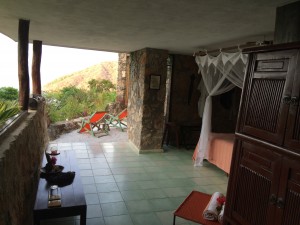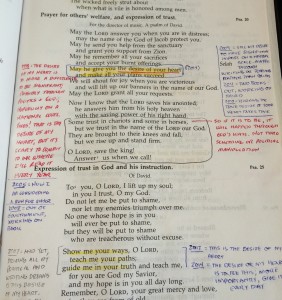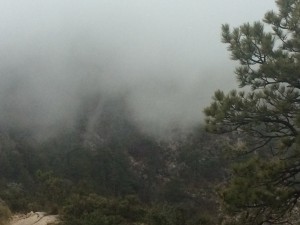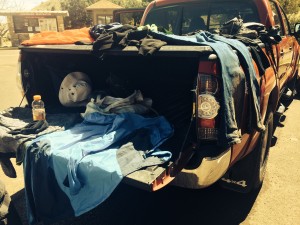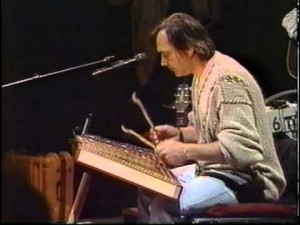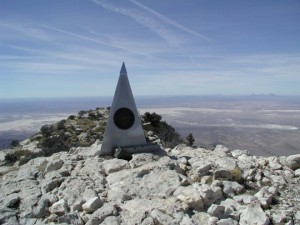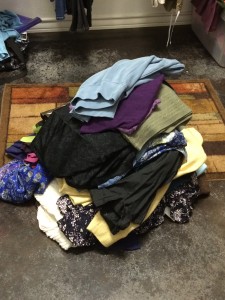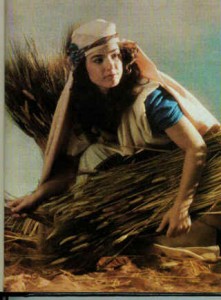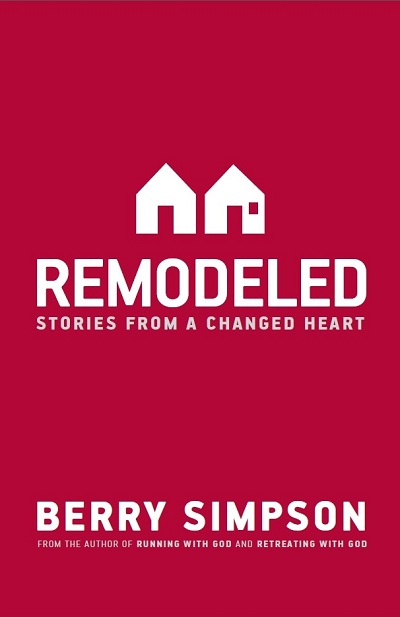Last week I was sipping a Chic-fil-A Diet Coke while glancing through the stories in Time Magazine’s May issue – The 100 Most Influential People – looking for sentences exactly like this one about Jeff Bezos of Amazon. It stopped my reading and my sipping.
“Nobody else reinvests almost every cent of profit in growth, as Bezos still does. Amazon is immensely valuable today, and almost all of its value comes from the future.” (Peter Thiel)
I put down my drink, grabbed my highlighter, marked the article, then folded the magazine and put it in my backpack. I had caught a glimpse of how I want to live, how I want to be known, and I needed time to think about it.
Thiel’s description of Bezos is how we should all live. Our value should come from our future, and that only happens if we invest heavily in our own growth.
How do we do that? We must master the gifts God has entrusted to us. We can’t depend entirely on past glory or ancient skills, whether they are writing,  teaching, music, engineering, cycling, running, sales, parenting, or whatever. Go to schools, go to workshops, learn the best practices, and adapt them to your own life and ministry.
teaching, music, engineering, cycling, running, sales, parenting, or whatever. Go to schools, go to workshops, learn the best practices, and adapt them to your own life and ministry.
One Bible verse that means more to me the longer I teach and write is Matthew 13:52. Jesus was speaking to His disciples when He said, “Therefore every teacher of the law who has become a disciple in the kingdom of heaven is like the owner of a house who brings out of his storeroom new treasures as well as old.” (NIV)
We need new treasures as well as old, new stories as well as old, new lessons to teach as well as old, new skills and habits as well as old, new insights as well as old. We have to learn new things if we want to change the world.
Back when I was in city government I was saddened by how few of my fellow councilmembers took the time to attend state-wide conventions and workshops. How did they plan to learn new things? How could they know if our city was being smart? Did my colleagues think they were already as smart as they ever needed to be? To be honest, I hope I never become that person. I hope I’m never as smart as I need to be. I hope I’m always learning new ideas and concepts, always open to change and ready to grow.
Another part of adding value to our future is laying down our past successes. It’s too easy to coast for years using that great Bible story you worked up ten years ago. So it was a great lesson and it still makes sense – move on and learn a new story. Stop leaning on the one book you published so long ago. Of course it’s still a good book and you still believe everything you wrote, but talk about what you’re learning today. Stop playing that same tired guitar solo, and learn something new.
Invest your time and energy in growth. Your value comes from the future. Your best days are ahead of you, not behind you
“I run in the path of Your commands, for You have set my heart free.” Psalm 119:32
Like what you read? Want more? Read and subscribe to my weekly blog, read daily writing on Tumblr, and follow me on Twitter and Facebook.







